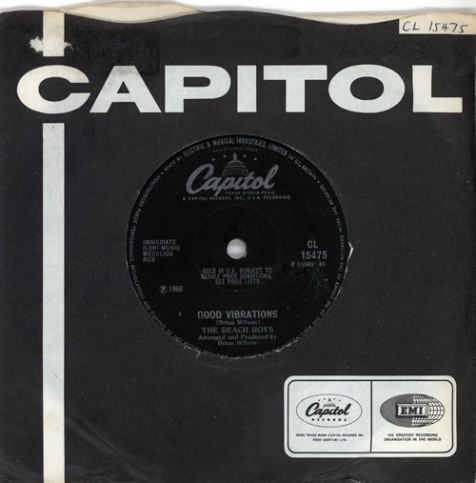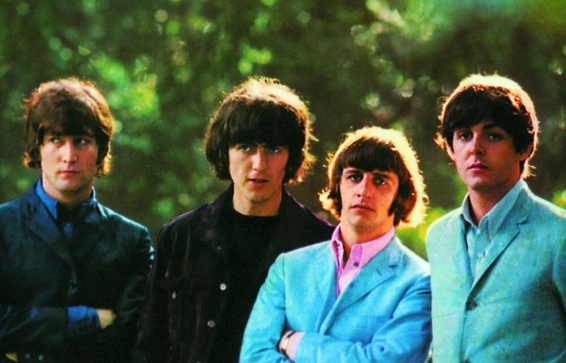It’s become a bit of theme recently – every so often we take a pause from pop music’s race into the future to enjoy a good, old-fashioned ballad. First with Ken Dodd, then Jim Reeves, and now Tom from the Valleys.

Green, Green Grass of Home, by Tom Jones (his 2nd of three #1s)
7 weeks, from 1st December 1966 – 19th January 1967
A soft, swaying intro precedes a tale of a man returning home, from a long time away. The old home town looks the same, As I step down from the train… And doesn’t Tom sing it well? There’s something in the Welsh waters… Why are they such good singers? Why is it Welsh Male Voice choirs, and not Geordie Male Voice choirs?
He runs towards his long-lost love, Mary: Hair of gold, And lips like cherries… And then he heads home: There’s that old oak tree, That I used to play on… It’s a heart-warming song for Christmas. One for all the family. Yes, it’s good to touch, The green green grass of home… Like most Tom Jones songs, it helps if you’re a bit drunk. I love the saloon-bar piano, that really adds a ‘last-call’ vibe. And, also like most Tom Jones songs, it’s a karaoke classic. Not quite ‘Delilah’, but getting there.
I love a song that tells a story, verse by verse. Just where has this man been all this time…? And ‘Green, Green Grass of Home’, like all good stories, has one hell of a twist. We break for a spoken-word interlude, in which the singer reveals that it was all a dream. And, who’s that? Why it’s the guard… And there’s a sad, old padre, On and on we’ll walk at daybreak, Again I’ll touch, The green green grass of home… Yep, plot twist: he’s getting executed.

I love it. Either he’s been wrongfully convicted, which only increases the power of the earlier verses, or you’ve spent the last two minutes sympathising with a murderer. The little piano riff to end is this song’s version of a ‘badoom-tish.’ And I’m similarly in two minds about this record as a whole. On the one hand, it’s mawkish, sentimental mush. On the other, it’s a great one for belting out in the shower.
And to be fair, this was a mega-hit. Seven weeks at #1 is longer than any record in the past three and a half-years, since The Beatles’ ‘From Me to You’. And, as I mentioned earlier, I doubt that this disc being released over the festive season hurt its chances. The idea of a ‘Christmas Number One’ wasn’t really a thing this early in the charts, but I do wonder if the success of ‘Green, Green Grass of Home’ set the tone for later, similarly saccharine, festive hits.
As for Sir Tom, similar to his first #1, ‘It’s Not Unusual’, I think we have to look at him as existing separately from his chart contemporaries. His other big sixties hits included ‘What’s New Pussycat?’ and ‘Help Yourself’ – nothing baroquey or folky, or Beat-poppy about them. But… If you’re never in fashion you’ll never be out of fashion. Maybe it’s this refusal to follow trends that’s allowed him all his comebacks: his Prince covers in the eighties, and his huge resurgence when I was in high-school. Looking back, how on earth did a near sixty-year old man singing ‘Sex Bomb’ become such a thing…? And he will hit the top-spot once more, briefly, in forty-two years’ time. Which, unsurprisingly, is by far the biggest gap between #1 singles, ever.

















